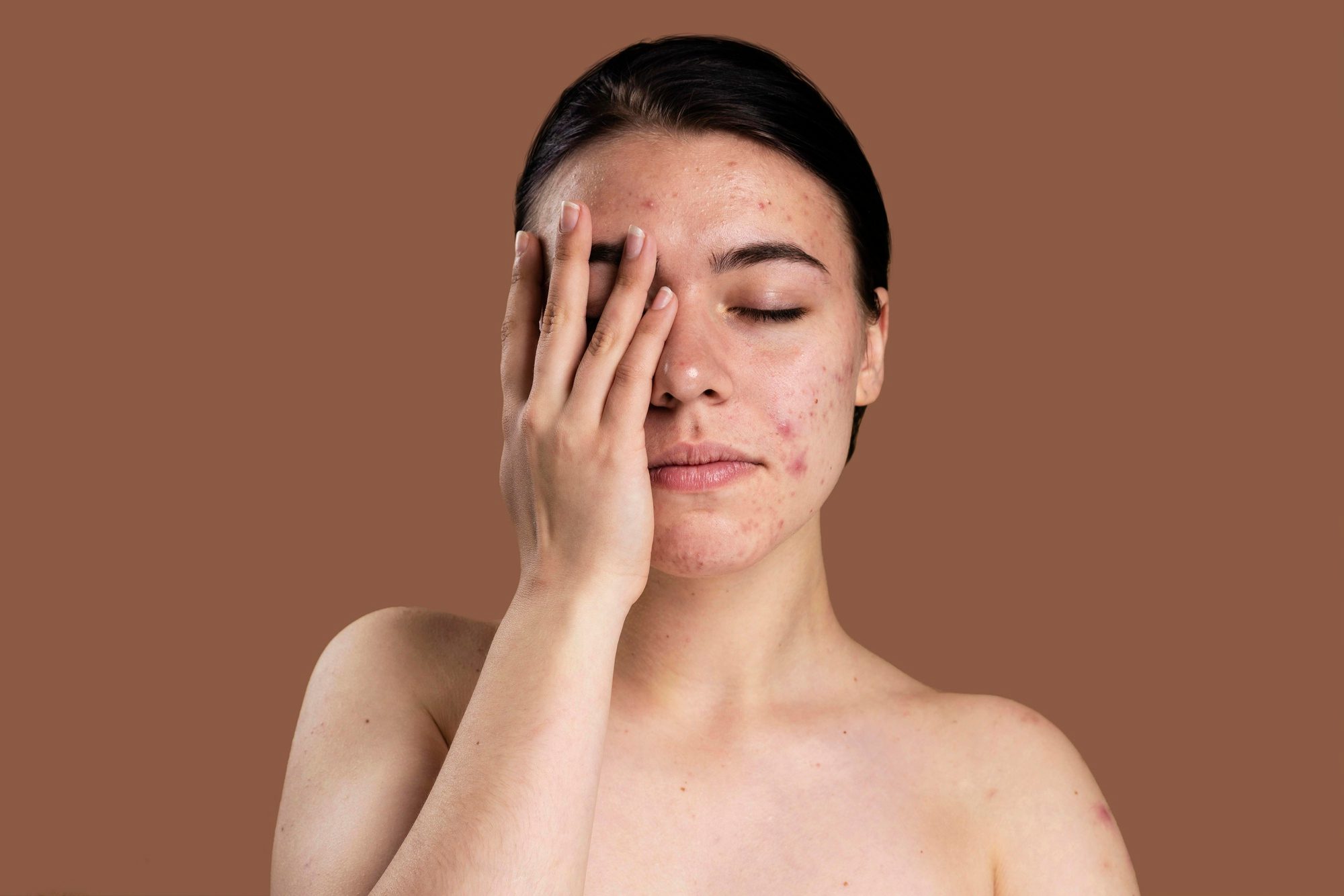Edna Hudson grew up in the small town of Orange Bend near Leesburg, Florida, where she now lives and works. Graduating in 1982 from nursing school, Edna has thirty-eight years of experience and is currently a charge nurse at the Ambulatory Surgery Unit of Leesburg Regional Medical Center.
Becoming a single mother at the age of 24 when her husband passed away, Edna’s two sons are now in their forties and following in her shoes. Willie Hudson is a nurse practitioner and works for a neurologist, and Tremaine Hudson, a registered nurse, is working at a rehabilitation facility.
“I never said, get into nursing. I never encouraged one way or another. I just let them do what they wanted to do, and it’s amazing how they have centered their life around the medical field because never did I say go into the medical field, but for some reason, they decided to go that way,” said Edna.
Edna shared with Top Doctor Magazine that her five-year goal is to open a private clinic together in the Leesburg area with her sons, daughter-in-law Sonia, a medical staff credentialing specialist, and soon to be daughter-in-law Lajuana, a doctorate nurse practitioner.

Speaking about her school experience, Edna shared that she was going through earning her two-year degree right after the loss of her husband. Even though it was tough being a single parent and going to school at the time, she recognized the blessing of not having to work, parent, and study all at once because her husband left her financially prepared to go to school.
Through school, Edna admits that it was a lot of touch and go, of wondering if she passed and could move on to the next class. Where one student might spend four hours studying, she would need closer to eight. But thanks to teachers who were attuned to her needs and her desire to succeed, Edna graduated with a two-year degree and returned several years later to earn her Bachelors of Nursing.
“It took a lot for me, but once I got it, I got it. I had an anatomy and physiology teacher who told me that basically, some people get it easy, but for some people, it comes more difficult. You just have to stick with it. And, of course, I was able to.”
When asked what drew her to becoming a nurse, Edna explained that it is a lifelong goal. At the age of eight or nine, she remembers watching nurses running around in their white hats and uniforms, thinking, “I want to be that when I grow up.” And, 38 years later, nursing is still a passion and joy in Edna’s life.
“[Nursing] is a career that I have grown to really love and is one of the things I most value and treasure. Never in my 38 years of working have I ever said I hate going into work today, and that’s how I know it’s my passion. There is nothing bad I could say about what I do because I love it so much.”

In the past year, Edna has seen drastic changes in the healthcare industry due to the COVID-19 pandemic. While these changes have been quickly adapted to by the professionals on the medical frontlines, there are potential impacts that could affect healthcare for the foreseeable future if not adequately addressed. A survivor of the Coronavirus herself, Edna believes that one of the biggest concerns facing the medical community is an impending shortage of nurses.
“I think there will be a severe shortage of nurses because a lot of the hospital personnel I see are getting out of the field. It’s the fatigue that nurses are facing. They’re thinking if I could do anything besides this, I’m going to get out of it.”
In her management role at the Leesburg Regional Medical Center, Edna has talked to nurses all over the hospital and found a common complaint. They talk about the shortage of personnel, the extreme fatigue they’re working under, and the unknowns that COVID-19 presents. For many, it’s a juggling act of monitoring patients to provide the best possible care, trying to figure out how to keep themselves and their loved ones safe, or being the sole financial provider for their families.
Working on the frontlines, Edna advises that the best way for nurses and other medical personnel to protect themselves and stave off a shortage of staff is to take care of themselves – this applies to physical, mental, and emotional health.
“I think we have to take care of ourselves physically; mentally, we have to give ourselves a check-up and make sure we stay strong. We comfort others all day every day, but no one takes the time to console themselves.”
Amid this year’s pandemic, one of the significant changes seen in the healthcare industry is the advancement of Telehealth and Remote Patient Monitoring (RPM) services. For many, these digital platforms were the only way to check in with their patients or were a much-needed means of protecting vulnerable populations against the spread of COVID-19.
A supporter of RPM and Telehealth services, Edna believes that it will be a saving grace for patients, families, and the country as a whole.
“It’s state of the art technology to make sure we keep everyone safe, including medical professionals.”
Through Telehealth, it is possible to protect the patient and their family as well. Unnecessary exposure to the Coronavirus or other illnesses is limited, while those in need of medical attention are still getting an actual assessment complete with visualization, questions and answers, and education, all from the comfort of one’s home. This is especially important for the older demographics of patients who might be in a higher risk category.
In her own mother’s case, Edna has found that RPM’s monitoring capabilities make physical doctor visits easier and help avoid unnecessary medication. Suffering from severe white coat syndrome, Edna’s mother can experience extremely high blood pressure when in her doctor’s office. However, because Edna monitors her blood pressure at home throughout the week and establishes a baseline, she can inform the doctor of the actual blood pressure readings. This is just one of the many helpful monitoring tools RPM gives to patients and doctors.
Because of these benefits and more, Edna is an investor for TopDocRX, an RPM company headquartered in Las Vegas, and will be utilizing Telehealth in the private practice she intends to open with her sons.
“It [TopDocRX] is very innovative and very state of the art. I’m so glad to be part of a leading company with Telehealth and RPM. I know that all my patients that come in contact with it are benefiting.”
It was a privilege to speak with Edna Hudson about her life and what she sees on the medical community’s frontlines. Having spoken with many of those who have dedicated their lives to helping others, it is apparent that she has a real heart for her patients and the nursing profession. In closing, she asked me to include one of the mantras by which she lives her life and career.
“Duty is a matter of the mind. Commitment is a matter of the heart.”





0 Comments